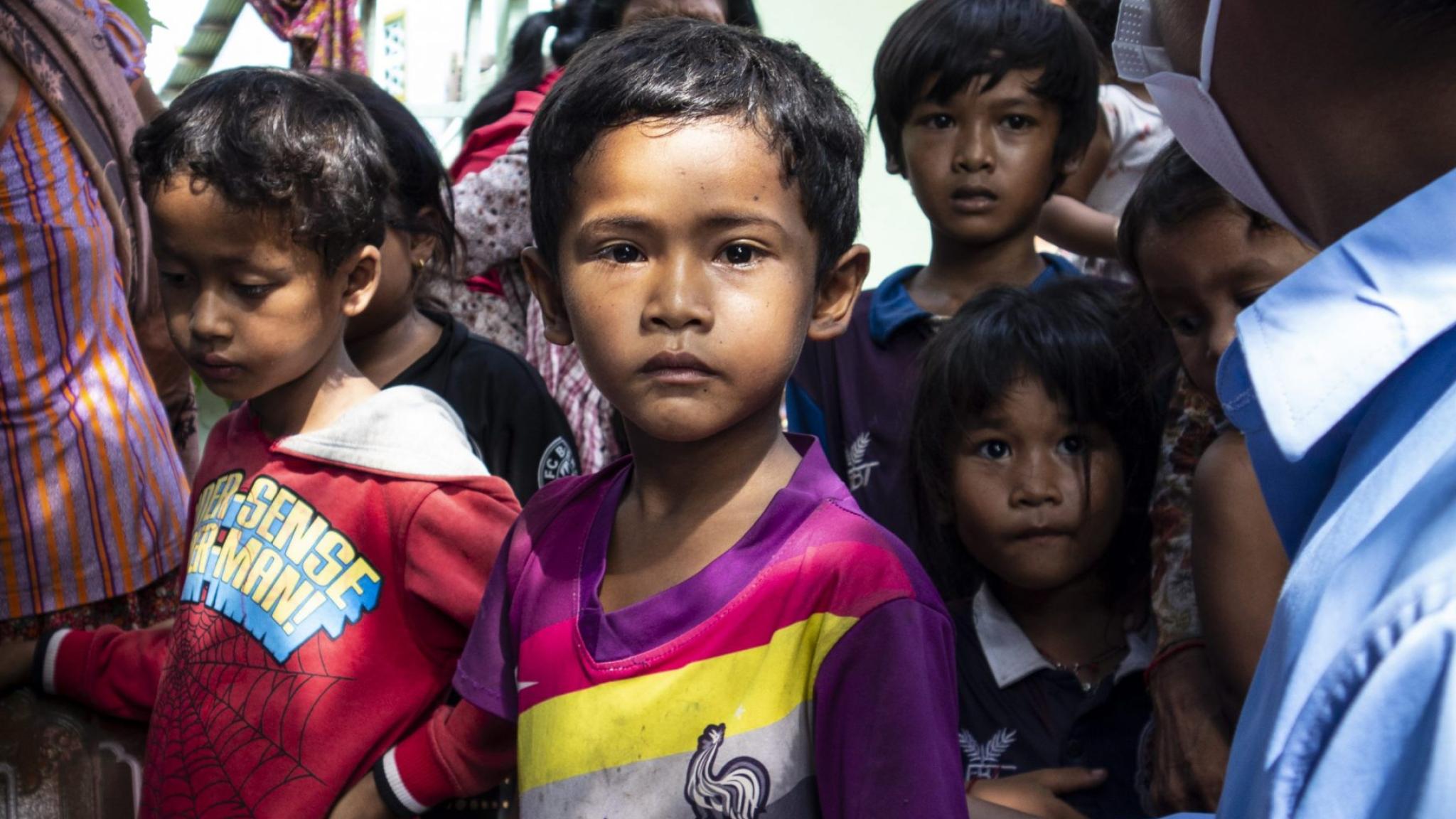
Improved Approach to Develop TB National Strategic Plans: Experience from 10 Countries
At the end of January 2021, the Global Fund, the WHO, the KNCV Tuberculosis Foundation and the Gates Foundation invited representatives from selected partner organisations and key stakeholders to participate in an online meeting to hear about the recent efforts to improve the quality of TB national strategic plans (NSPs).
A participatory, methodical and evidence-based approach to TB programming
Over the past year and a half, the People-Centered Framework (PCF) approach, combined with modelling and costing tools have been used to support national strategic planning efforts in ten high TB-burden countries. The aim was to facilitate a participatory, methodical, and evidence-based approach to TB programming, expected to enhance the quality, people-centeredness and responsiveness of National Strategic Plans. The Global Fund has also established a NSP-based application mechanism so that countries can apply for funding using a high-quality NSP.
We have undertaken an initial evaluation of the use of PCF to develop NSPs, the quality of NSPs in these countries (when compared to prior NSPs from these same countries), and the use of NSP-based applications. Although the evaluation is still ongoing, we wanted to share our experience and lessons learned to date with interested parties and solicit feedback. We appreciate the participation and feedback from country representatives, technical partners and other stakeholders at this meeting, and we look forward to receiving additional feedback and suggestions as we formulate our recommendations on how to improve TB NSPs.
Photocredit: Tristan Bayly

Program and recording of Day 1
| Day 1 | Topic | Speakers |
| 15 min | Welcome and introduction | Mohammed Yassin (GF); Teresa Kasaeva (WHO); Gidado Mustafa KNCV); Daniel Chin (Gates Foundation) |
| 10 min | Why is it important to improve our approach to the development of evidence-based NSPs and TB programming? | Stavia Turyahabwe (NTP manager Uganda) |
| 20 min | Use of PCF in 10 countries to improve NSP: overall processes and lessons learned | Kathy Fiekert (KNCV) |
| 20 min | Use of modeling, costing and economic analyses for NSP development | Emmy van der Grinten (KNCV) & Nim Arinaminpathy (Imperial College London) |
| 10 min | Break | |
| 20 min | Quality NSP: Evaluation of TB NSP in 9 countries | Giuliano Gargioni (WHO) |
| 20 min | NSP-based applications: Experience and feedback from key stakeholders | Estifanos Shargie (GF) & Jane Carter (TRP) |
| 20 min | Impressions from 3 countries |
|
| 15 min | Brief description on way forward; preview agenda on next day | Daniel Chin (Gates Foundation) |
THE RECORDING OF DAY 1
Cookies required
Analytics and Marketing cookies are required to display this content.
Watch video in new tabOpens in a new tabProgram and recording of Day 2
| Day 2 | Topic | Speakers |
| 5 min | Welcome – intro – logistics | Daniel Chin (Gates Foundation) |
| 30 min | Panel response 1
Rational & responsive use of evidence & data in the application of TB programming and planning, NSP development and resource mobilization
| Moderator: Kathy Fiekert (KNCV)
Panel:
|
| 30 min | Breakout group 1: moderated discussion (participants will be randomly assigned) | A moderator and a rapporteur for each group |
| 10 min | Break | |
| 30 min | Panel response 2
Who’s NSP is it anyway – How to make NSPs fit purpose and utilization by all stakeholders
| Moderator: Giuliano Gargioni (WHO)
Panel:
|
| 30 min | Breakout group 2: moderated discussion (participants will be randomly assigned) | A moderator and a rapporteur for each group |
| 15 min | Closing: next steps; survey | Mohammed Yassin (GF) |
THE RECORDING OF DAY 2 - SESSION 1
Cookies required
Analytics and Marketing cookies are required to display this content.
Watch video in new tabOpens in a new tabTHE RECORDING OF DAY 2 - SESSION 2
Cookies required
Analytics and Marketing cookies are required to display this content.
Watch video in new tabOpens in a new tab